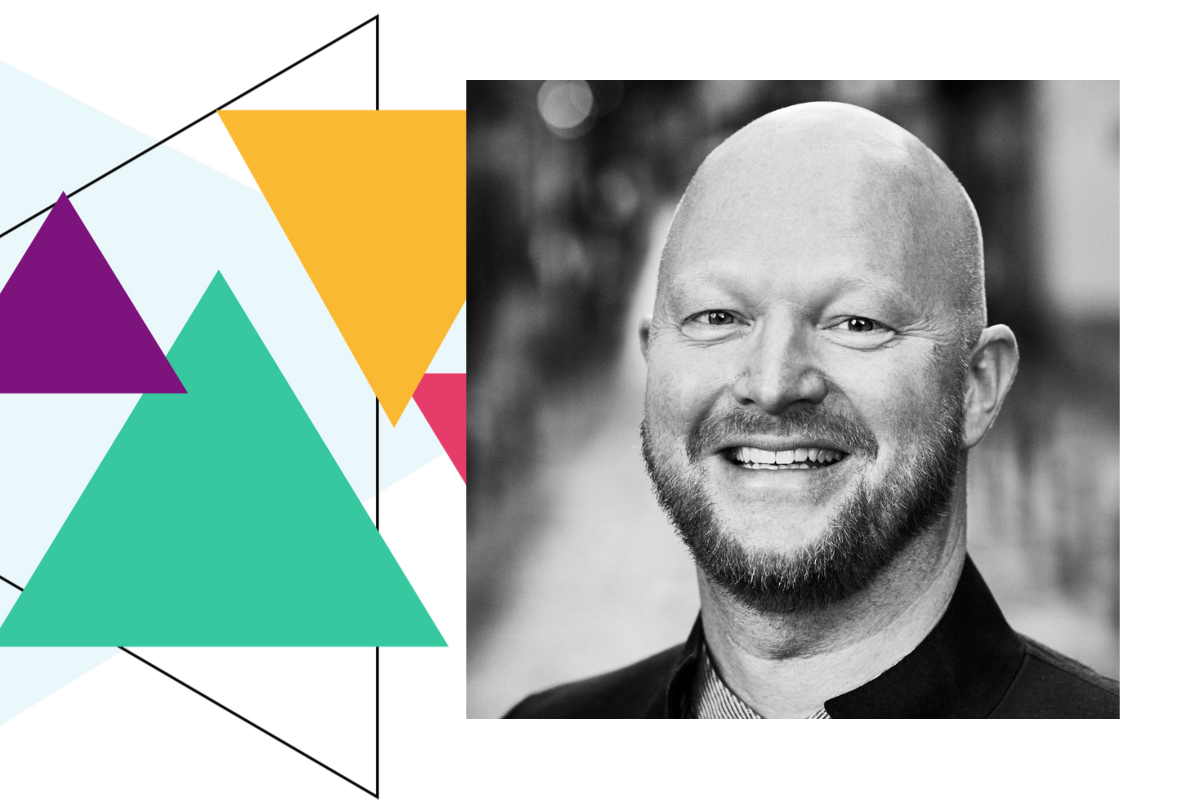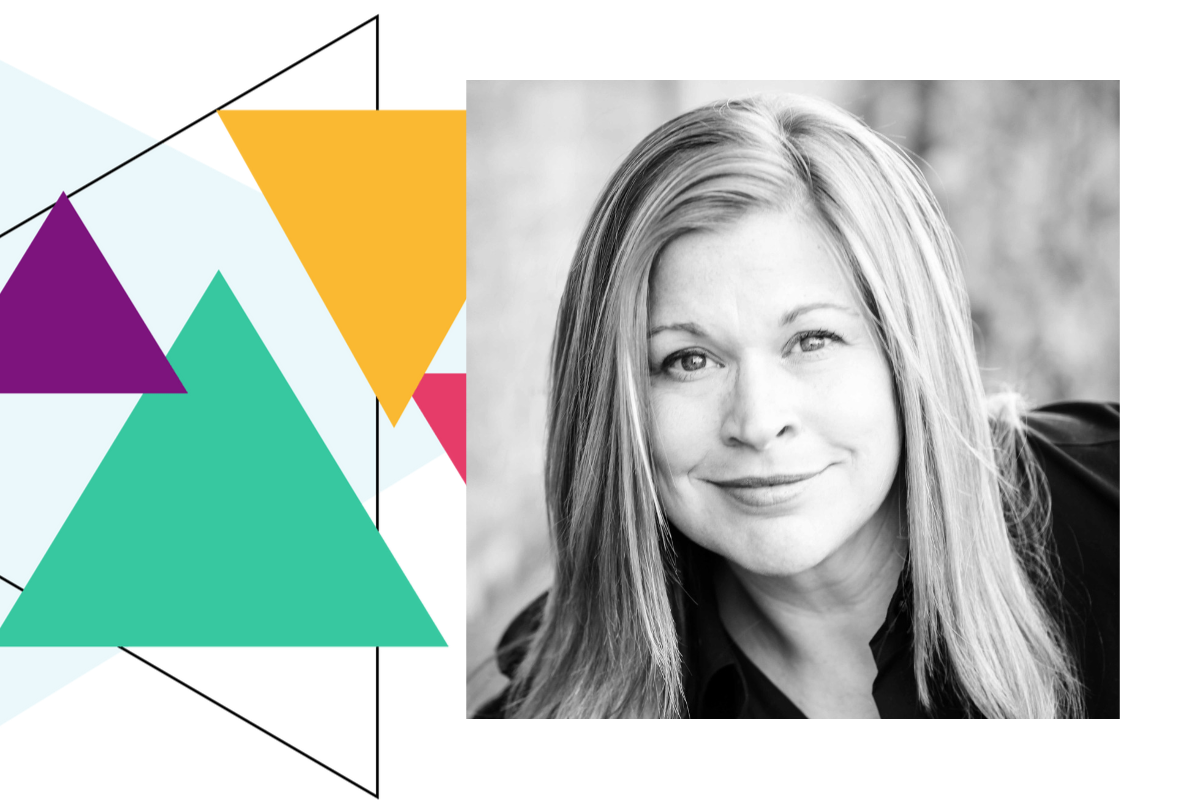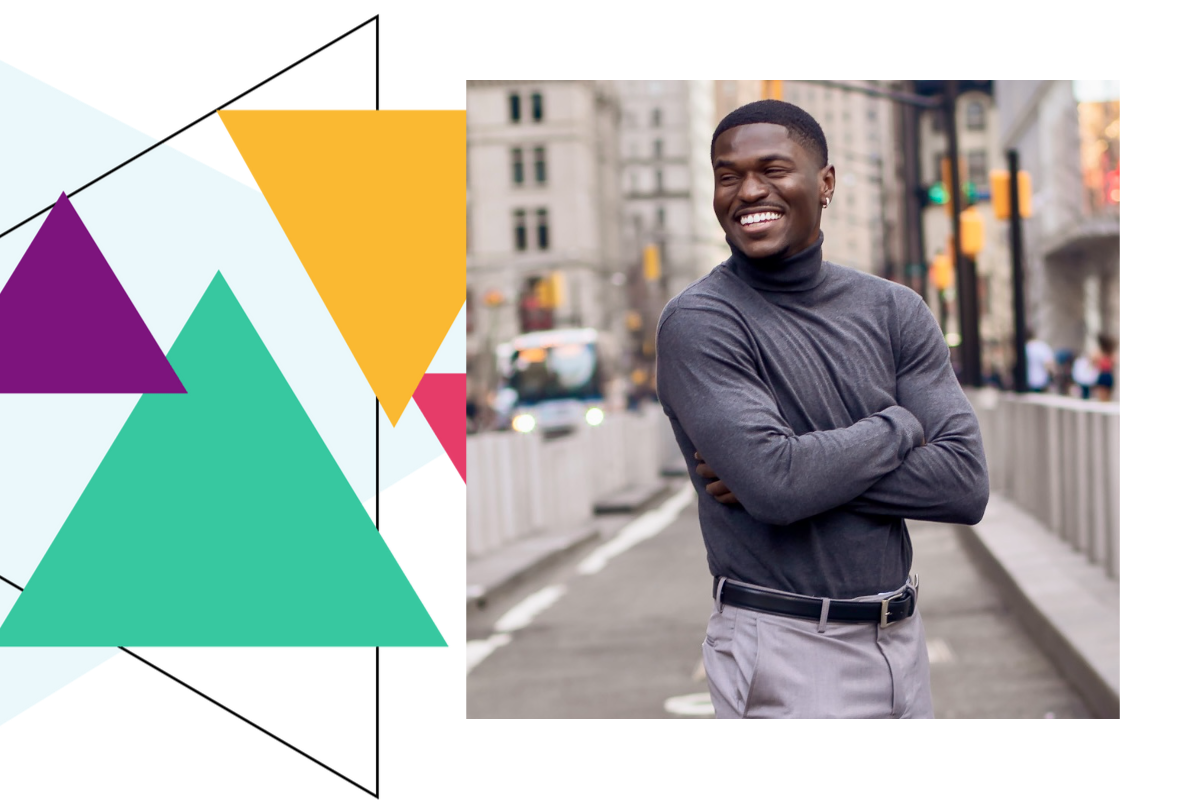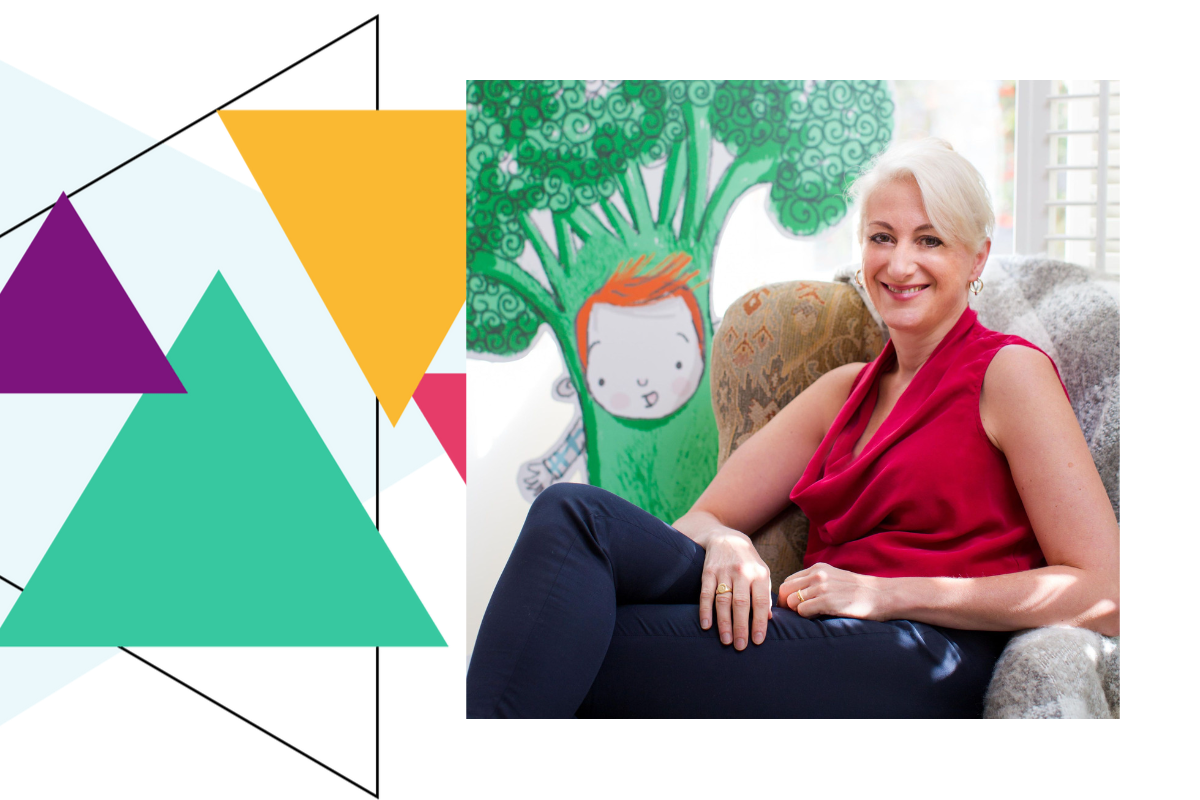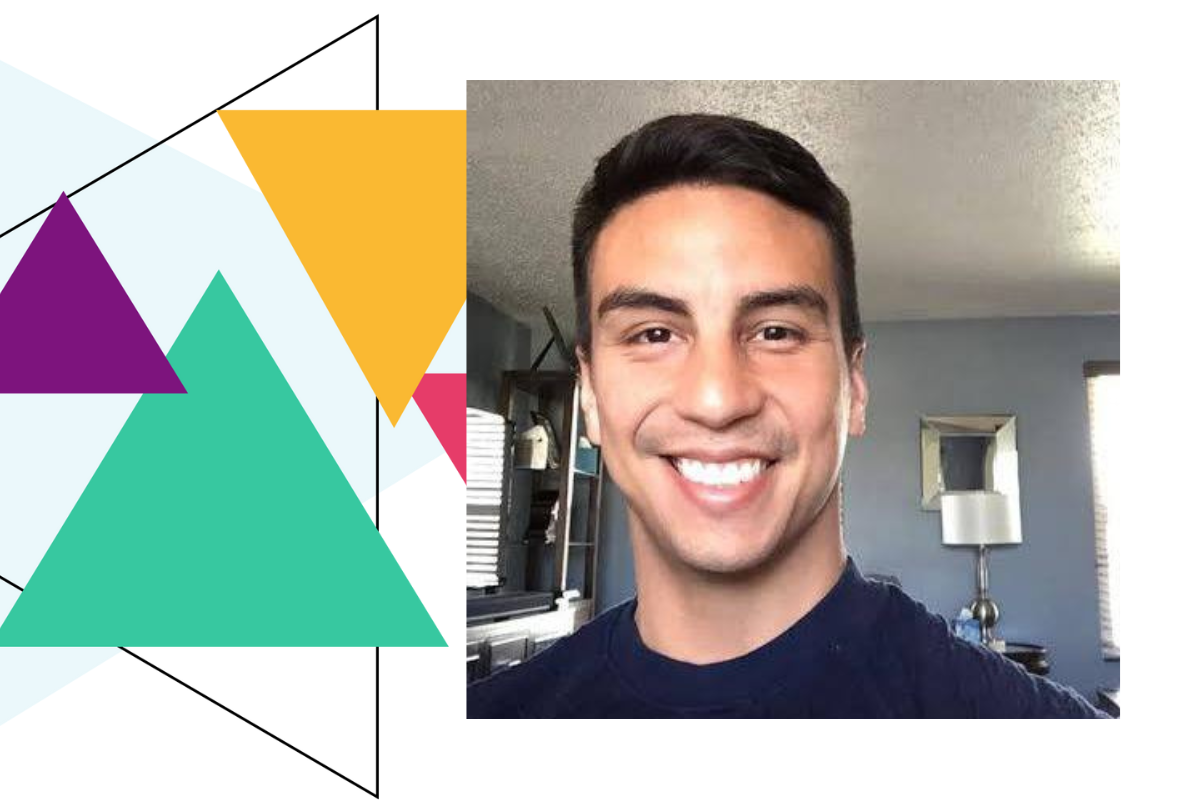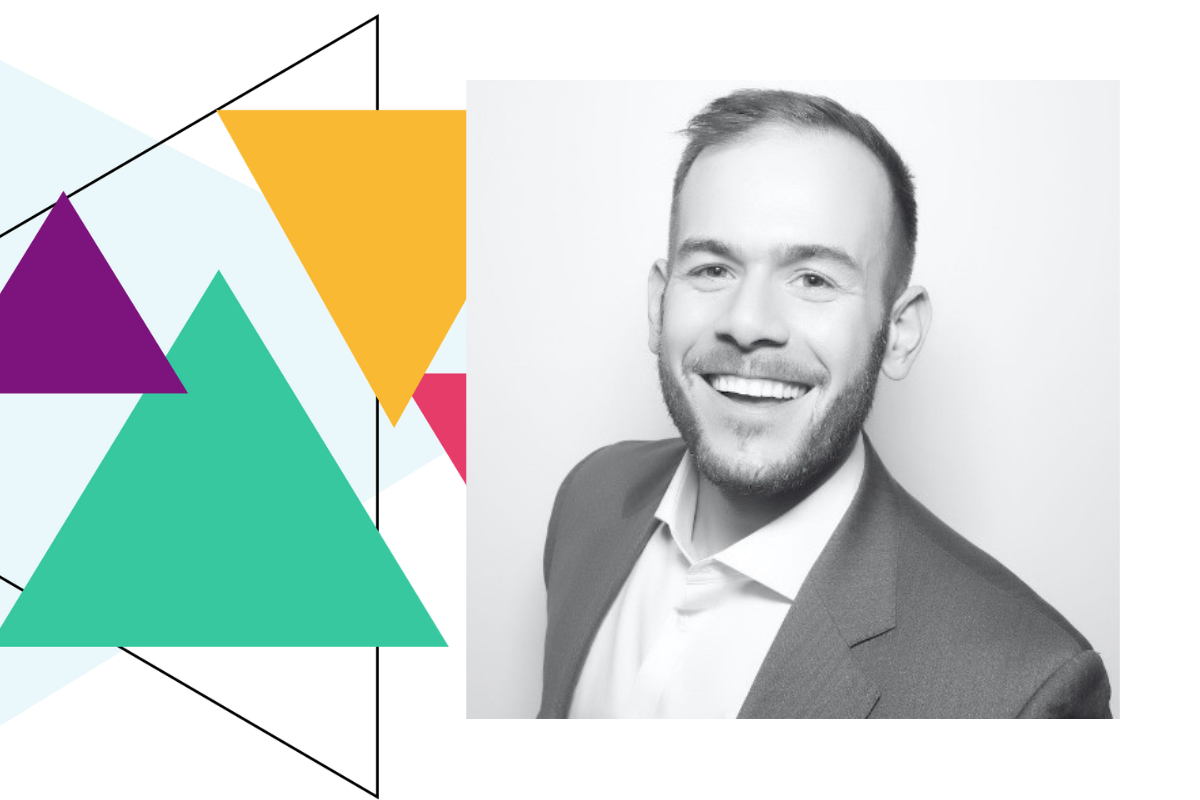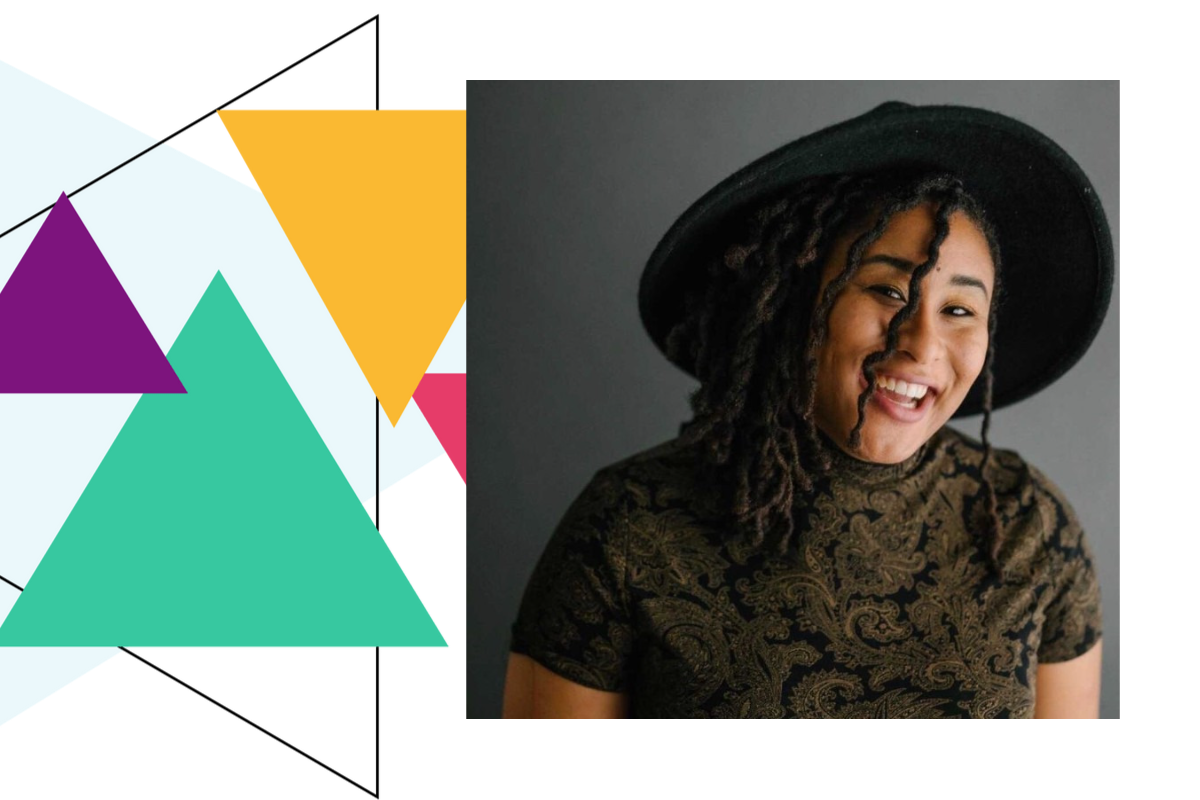Members of StartOut Programming Boards come from all backgrounds, industries, and life experiences, but all are bound together by one common goal: helping LGBTQ+ entrepreneurs to succeed.
Lindsay Powell (he/him) is one of them.
Lindsay is the Chief Marketing Officer (CMO) of Tech Ranch – an award-winning, Texas-based accelerator that works to position startups for long-term growth – and CEO of Lindsay Powell and Associates LLC – a startup business consultancy and angel investing company. He is also the co-chair of our Austin chapter. He shares our mission of leveling the playing field for queer founders and is personally leading the fight to bring underrepresented entrepreneurs in the South of the USA to the main stage.
According to our StartOut Pride Economic Impact Index (SPEII), “43% of the major metropolitan areas in the United States have no LGBTQ+ entrepreneur, where less than half are in the South.”
For this reason, Lindsay’s goal is to make Austin, Texas (ATX) the entryway for queer founders to entrepreneurship through in-person events, community building, and global impact in the South.
Lindsay, could you share what brought you to the world of entrepreneurship?
I’m originally from Cardiff, Wales, and graduated from Aston University in Birmingham, England with a bachelor of science degree in Managerial and Administrative studies. That educational background, and working in retail in my spare time, introduced me to sales and marketing, which is where I made my career.
Early in my career, I worked for 3M Company, where I held various positions of increasing seniority. I learned about many technology-based markets, their competitive landscapes, supply chains, and distribution channels. 3M ingrained in me a deep passion for customers, market research, new product development, and marketing communications in different countries.
Eventually, I moved to the United States, settling in Austin. My best friend here, Sonia St James, was a serial entrepreneur. She opened my eyes to startups and startup ecosystems. Together we set up an ebook training company: it was only partially successful and, in a case study of “fail fast,” we took the agonizing decision to shut it down within the year, but it was fun, and I was now hooked on entrepreneurship.
Later I became a mentor to early-stage entrepreneurs through TarmacTX, a joint venture between 3M and Inco Group. I had the fantastic opportunity for a career pivot when I myself became the program manager for TarmacTX and ran the Fourth Cohort in 2019. I co-developed the curriculum, set up our Demo Day, and kept members engaged with the program, which was an immensely fulfilling experience.
Through TarmacTX, I met Sarah Burgaud, who told me about StartOut. At her suggestion, I applied to become a mentor, and I have been involved in StartOut ever since.
What are some of the most common misconceptions of entrepreneurship today?
Many believe that you can only succeed in entrepreneurship if you run a tech-based startup, one offering a mobile app, a SaaS application, or an electronic device. The programming board of StartOut Austin discussed this at length and decided that our target client just has to be an LGBTQ+ business founder embarking on the entrepreneurial journey. Your product or service doesn’t need to be technological to join StartOut. So many incredible new LGBTQ+-owned and operated companies – in business services, creative, education, hospitality, media, or retail – have nothing to do with the tech industry. Yet they face the same challenges – validating product/market fit, assembling a founder team, getting orders, raising seed capital, and all the rest. The need for hard work, the ability to deal with rejection, grappling with the pains of scaling up, and the willingness to learn from mistakes and move on – all entrepreneurs face the same issues, regardless of the type of business or market space.
Economic equity is the new frontier for our community. We’ve made so much progress with social justice issues, and, while we still need to fight to maintain those hard-won rights, the significant lag is growing the ‘gay dollar’ and valuing all that LGBTQ+ business leaders can bring to the table if just given a chance.
Indeed, I take it personally. Through my own company, Lindsay Powell and Associates LLC, I invest in LGBTQ+ companies. I am an active member of StartOut’s investor community and of Gaingels, a syndicate of LGBTQ+ angels that “co-invests with select venture capital leads in companies resolved on building diverse and inclusive teams.” The amount of deal flow I see is incredible, proving that there are really talented LGBTQ+ entrepreneurs with great ideas out there!
How did your experiences lead you to Tech Ranch?
After TarmacTX, I joined the team at Tech Ranch as CMO. We focus on international startups looking to break into the US market. Coming from another country myself, there’s something about American startups that’s quite different from those raised in foreign lands; we help founder teams from overseas to understand and master that American approach. In my role at Tech Ranch, I get to leverage my experience in marketing with my love for education and entrepreneurship in my adopted city.
How has Austin emerged as a leading city for startups and queer culture?
There was a lot of talk in 2019, in those far-off pre-pandemic days, about Austin giving Silicon Valley a serious run for its money. Compared to San Francisco or San Jose, there was such an incredibly welcoming, laid-back quality about this city. Post-pandemic, there are a lot of new people and new money coming in – ironically from California – that has driven change in the community. One direct consequence is it is getting more expensive to set up and live in ATX.
But the essential character of Austin remains: collaboration rather than competition defines the entrepreneur community in the Silicon Hills. Having a relatively younger population, and being a major center for education, we’ve always been a bit more progressive – ‘Weird’ as the city’s tagline goes – than the larger cities in the Lone Star State. There’s not as much old money in Austin as in, say, Dallas, Fort Worth, or Houston, yet we have what a lot of startups are looking for. First and foremost, we have a tremendous, forward-looking community here. This bodes well for us over the next decade.
How has it been working with the Austin chapter of the programming board?
The current board inherited an active chapter. The pandemic completely shut us down: face-to-face events ceased, most notably HackOut, which was the chapter’s best known. We tried virtual events with limited success. With the gradual return to the new normal, StartOut Austin is now working on relaunching the chapter.
With the exception of myself, our programming board is entirely new. My co-chairs, Natalie Demary (CryptoFemme) and Kory Kelly (LegalKarma), are both entrepreneurs. We’re all volunteers who bring new ideas and energy to the project. It is exciting because we get to craft our chapter’s program for the needs of the LGBTQ+ startup community today.
As the only StartOut chapter in the South, it feels great knowing that we’re helping to lead the change in our business community. We are working closely with partners, like Sputnik, on collaborative events. Early indications are that people value our mission and what we’re doing, and that is extremely encouraging.
As we plan for 2023, we’re looking for people to join our board, and for partners and sponsors to collaborate on events. I’d encourage anyone in ATX who’s interested in getting involved to reach out to Natalie, Kory, or myself and talk about joining us.
Being an entrepreneur is a challenging life choice. The odds are particularly stacked against any startup founder when you add in the LGBTQ+ factor. Our mission is to help any gay, lesbian, bisexual, transgender, or queer entrepreneur to improve their chances of success through our activities right here in Austin, Texas.
